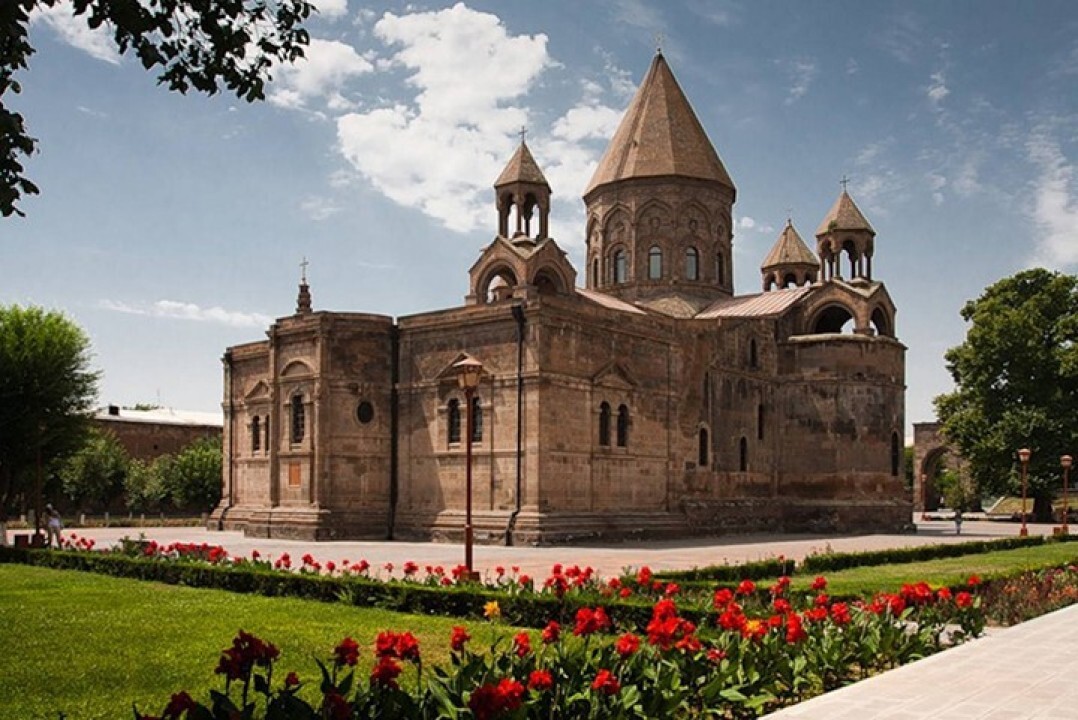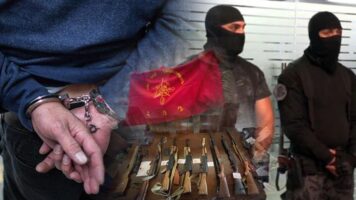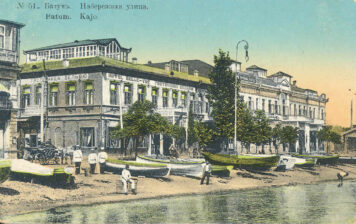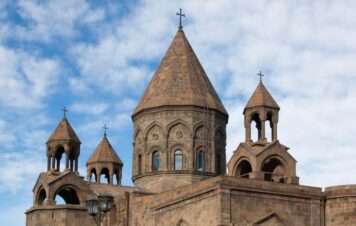Church and secular authority: What is truly happening in Armenia․ Part 2
27.06
2025
What is happening in reality?
The question began to be actively discussed when the Supreme Patriarch violated the consensus formed outside Armenia regarding the role of the Armenian nation and Armenia itself. This consensus states that the Armenian state should not speak about Artsakh, the Armenian Genocide, the restoration of the inalienable rights of the Armenian people, or the collective interests. The core issue here is this and not the empty sophistry about the Catholicos.
It is a fact that during the early centuries of Christianity, catholicoses got married and had children—from Gregory the Illuminator to Catholicoses Aristakes and Vrtanes. However, throughout church history, this approach has significantly changed. The issue must be understood within the correct historical context, considering the era, church regulations, and doctrinal changes.
Yes, the Armenian Apostolic Church has adopted celibacy as a symbol of spiritual high responsibility, but the question of improving mechanisms of internal oversight and reform within the church can be addressed and changed from within the system itself. This is not a process imposed from outside nor driven by anyone’s uncontrollable desire. It is an internal church matter—a theological issue involving the powers of the Holy Synod, not related to relations with Azerbaijan or social media political campaigns or irresponsible comments.
The discipline of celibacy for clergy is enshrined both in the canons of doctrinal councils and in the Armenian Church Constitution. No secular authority has the right to interfere in this field because the Church is separated from the state. The Holy Synod includes both clergy and laity. Let us note once again that the problem here does not lie in a certain person but the policy aimed against the institution defending the interests of the Armenian people.
Nikol Pashinyan’s goal is to discredit the Church, relying on cheap tools and targeting individual clergy members. Generally, criticism from the authorities toward the Church should be based on a patriotic approach, not nihilism or populism. All Armenians desire the Church to remain open, honest, and self-purifying—for the strengthening of our faith and national identity. However, in implementing this desire, we must avoid dismantling or weakening the institution for superficial political goals.
When criticizing the Church, it is not appropriate for the authorities to speak in the language of assumptions or gossip, but to understand the spiritual, legal, and political weight of the issue, and most importantly, to approach the issue from a national and state perspective, without weakening the institution of the Church or, in these disastrous geopolitical and security conditions, attacking one of the cornerstones of the unity of the Armenian people, the Church.
The supreme sectarian has gone so far as to publicly compare himself to Christ, claiming that Jesus was rejected by the people, just as he claims to be. Beyond vanity and arrogance—one of the greatest sins—Nikol attempts to replace traditional spiritual leaders with a “new messiah”—himself—aiming to devalue the spiritual core of the Armenian Apostolic Church and create a political-religious hybrid.
If we objectively examine the facts and try to understand where this campaign against Catholicos Garegin II is leading, we will realize that Nikol’s “followers” are actually attempting to change the Christian system, with their criticism of the Church merely serving as a cover-up or smokescreen.
Let’s consider some examples:
Since 2019, several projects have been circulated that would enable the state to control Church property, finances, and educational institutions. There have also been attempts to nationalize some church lands. This struggle against the Church limits the autonomy of the Armenian Apostolic Church, especially on a legal level, representing a fight against the Church with the use of state levers.
Let us examine another example: What does Nikol’s statement about Armenia needing a “new civilizational orientation” mean—without clarifying whether it is Western, atheist, or neoliberal? It sends a message to the world that it questions the influence of the Armenian Church, devalues traditional national values, which have historically been strongly linked to the Church, and promotes an unclear model of an unrooted future.
The Armenian Apostolic Church has been an integral part of our national tragedies and victories for centuries. Ignoring its role at the state level creates a civilizational and spiritual divide between statehood and national identity. This is an ideological campaign, as even discussing such reckless transitions suggests rejection of old institutions without even imagining new ones. It also isolates our Church from the global Christian community.
When state power begins a war against the national-religious institution, an artificial division is created, and a pseudo-patriotic wave emerges—with one goal: to serve the dictator and obey his arbitrary commands. Unfortunately, Armenia is under an authoritarian regime.
Moreover, public solidarity is being dismantled; hatred and mutual distrust are increasing, making the state more vulnerable, abandoning essential elements of Armenian identity, and turning society into a consumerist mass. It should be acknowledged that a democratic government must not interfere in church affairs, let alone attempt to smooth its path by discrediting the religious institution. Such behavior is typical of authoritarian regimes that seek to replace national values with their own political ambitions.
Mounting an attack on the Armenian Apostolic Church is not only an act of historical ignorance and geopolitical shortsightedness but also a deeply anti-state act. Instead, it is necessary to study the Church’s functions in the context of strengthening the national state, avoid politicizing it, and instead foster an environment where the Church and the state can complement each other for the preservation of our national and spiritual values, because the Church is our spiritual authority.
In conclusion, there will be a strong Armenia, there will be a collective unity of the nation, there will be a unity of the Church and state, there will be a return to Artsakh, and Armenia will not abandon the obligations it assumed with the Declaration of Independence. What will not exist is the current authorities.





